Grass Whispers: What Your Greyhound's Grass Eating Really Means
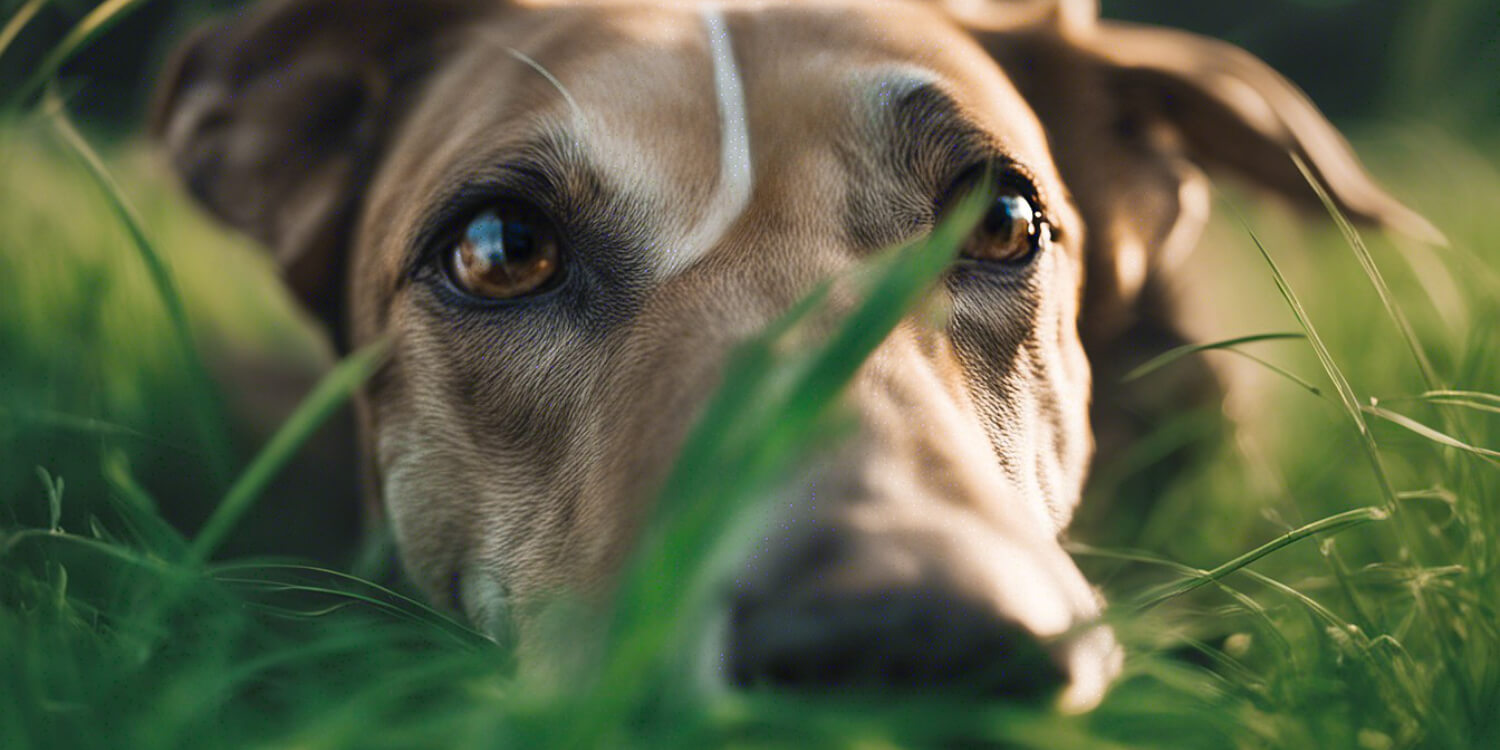
Have you ever been out for a walk and noticed your greyhound happily eating grass? You may be wondering what's behind this strange behavior. In today's blog post, we'll reveal the surprising reasons and tell you why this behavior might even be beneficial!
What you need to know about greyhounds and their grass eating
Grass-eating is a common behavior among dogs that brings a smile to many owners, but also often causes concern. Why do greyhounds eat grass? The answers are as varied as they are fascinating.
Basics of grass eating
First of all, grass-eating is a natural behavior for dogs and nothing to panic about. Many dogs occasionally nibble on grass without it indicating any serious health problems. Here are some reasons why dogs are attracted to the green stuff:
-
Nutritional needs: Some dogs may have an instinctive need to supplement their diet with grass because of the fiber and minerals it contains.
-
Instinctive behaviors: In nature, animals often use grasses and herbs to promote their gastrointestinal health and relieve digestive problems.
-
Boredom or texture: Grass might just be interesting to chew, especially for dogs who get bored easily or who have a preference for the texture of grass.
-
Grass tastes sweet: Young grass in spring tastes sweet. Greyhounds may be attracted to the sweet taste.
The theories behind the behavior
Various scientific and veterinary theories offer further insights into this behavior:
-
Supplementation theory: Some experts believe that dogs eat grass to compensate for a deficiency in their diet, particularly in fiber, which can aid digestion.
-
Gastric cleansing theory: Another popular theory is that dogs instinctively eat grass to relieve gastrointestinal discomfort or to get rid of parasites. The grass can help cleanse the stomach and expel any parasites.
In the vast majority of cases, eating grass is harmless and can even have a positive effect on your greyhound.

Possible benefits of eating grass
Although many dog owners are concerned when they see their carnivore eating grass, there are actually some potential benefits to this behavior. Here's why this seemingly odd behavior could be beneficial for your dog.
Natural behavioral promotion
Eating grass can be a natural and healthy way for greyhounds to cope with various physical and psychological needs:
-
Instinctive gastrointestinal care: Similar to their wild ancestors, greyhounds may eat grass to cleanse their digestive system or soothe stomach irritations. The grass can help naturally remove any hair or parasites that may have accumulated in the stomach by wrapping them up and moving them through the intestines.
-
Dietary Fiber: Grass contains fiber, which can help promote intestinal health and support regular digestion.
Nutrient absorption
Grass is not only rich in fiber, it can also contain additional nutrients that may be missing from regular dog food:
-
Vitamins and minerals: Grass contains small amounts of vitamins (such as vitamin C) and minerals that can be beneficial to a dog, especially if they are not present in sufficient quantities in its regular diet.
-
Natural supplementation: For some dogs, eating grass may be an instinctive way to supplement their nutritional needs and promote a healthy balance.
Promotes healthy behavior
Chewing on grass can also help your dog relax and reduce stress:
-
Natural Calming: Chewing itself has a calming effect on dogs and can serve as a form of stress relief.
-
Teeth cleaning: Chewing grass can clean the spaces between your greyhound's teeth that you cannot easily reach.
While grass-eating can have many benefits, it's important to monitor the situation. Make sure the grass your dog eats is free of chemicals like pesticides or herbicides . Simply pay attention to where your dog is eating grass. If you're unsure why your dog is eating more grass, or if it's accompanied by unusual symptoms like excessive vomiting, you should consult a veterinarian to rule out any health problems.
Risks and when to worry
While grass-eating is often harmless in dogs, there are some risks you shouldn't ignore. Here's when this behavior might be cause for concern and what you can do to protect your greyhound.
Potential dangers of grass eating
The grass itself is not harmful, but the circumstances of eating grass can pose risks:
-
Chemicals on the grass: Make sure the grass your greyhound eats hasn't been treated with pesticides, fertilizers, or other chemicals. These substances can be very harmful to your dog. Eating grass in fields should be discouraged as a precaution.
-
Parasites and bacteria: Grass can harbor a variety of parasites and bacteria that can cause disease.
Symptoms that indicate problems
You should be especially careful if you notice the following symptoms in your dog after eating grass:
-
Excessive vomiting or diarrhea: Occasional vomiting after eating grass can be normal, but if it occurs frequently or is accompanied by diarrhea, you should consult a veterinarian.
-
Lethargy or loss of appetite: If your dog has less energy or is eating less than usual in addition to eating grass, this could be a sign of a more serious condition.
What to do if your greyhound eats too much grass?
-
Observation: Monitor how much grass your dog eats. Occasional nibbling is normal, but constant grass eating could be a sign of a dietary deficiency or digestive problem.
-
Visit the vet: If symptoms persist or behavior changes, you should take your dog to the vet. It may be necessary to adjust his diet or rule out other health problems with a blood test.
By monitoring your dog's behavior and ensuring he's in a safe environment, you can protect him from the potential risks of grass eating. However, please keep in mind that grass eating is usually harmless.

Practical tips for greyhound owners
Offer alternatives to eating grass
If you're concerned that your greyhound is eating too much grass, you can offer them safe and healthy alternatives. These options can help satisfy their need to chew and explore without taking risks:
-
Chew bones and toys: Invest in high-quality chew bones or dental toys that are specifically designed to encourage chewing and keep your dog's teeth healthy.
-
Fresh vegetables: Occasionally offer your dog fresh, dog-friendly pieces of vegetables, such as carrots or cucumbers, which have a similar texture to grass and are rich in nutrients.
-
Interactive toys: Use interactive toys that your dog can chase or explore to prevent boredom and encourage mental stimulation.
-
Plenty of activity: Use the time outdoors to spend time with your greyhound. If he has the choice between eating grass or playing with you, he'll almost certainly choose you.
These alternatives can reduce grass eating while providing healthy exercise.

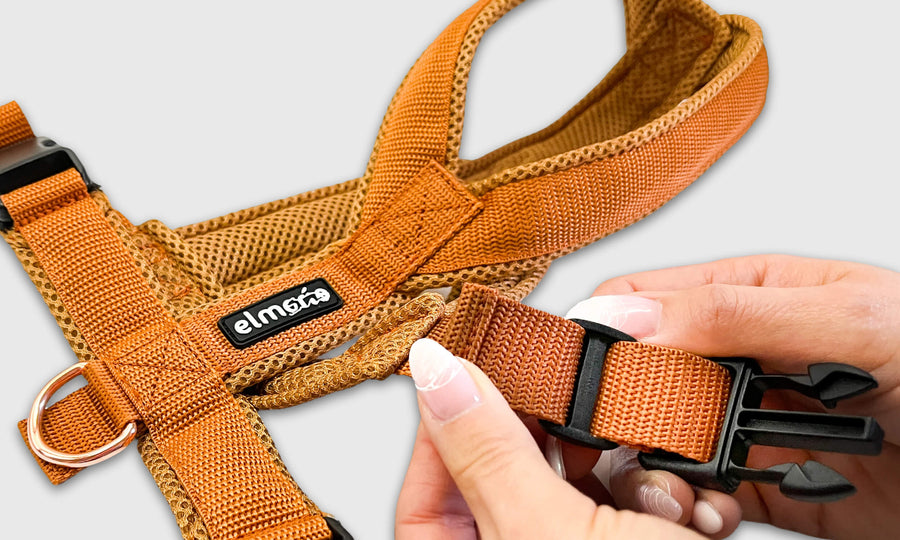
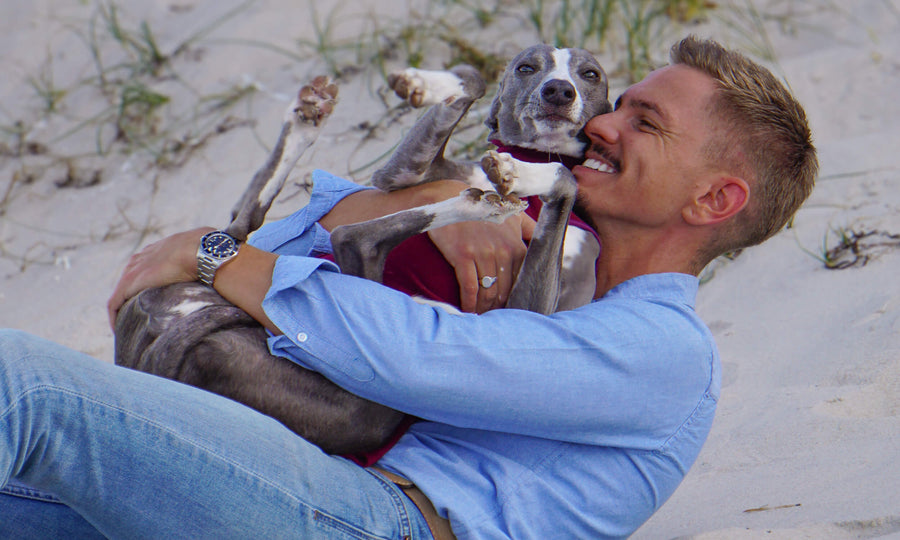






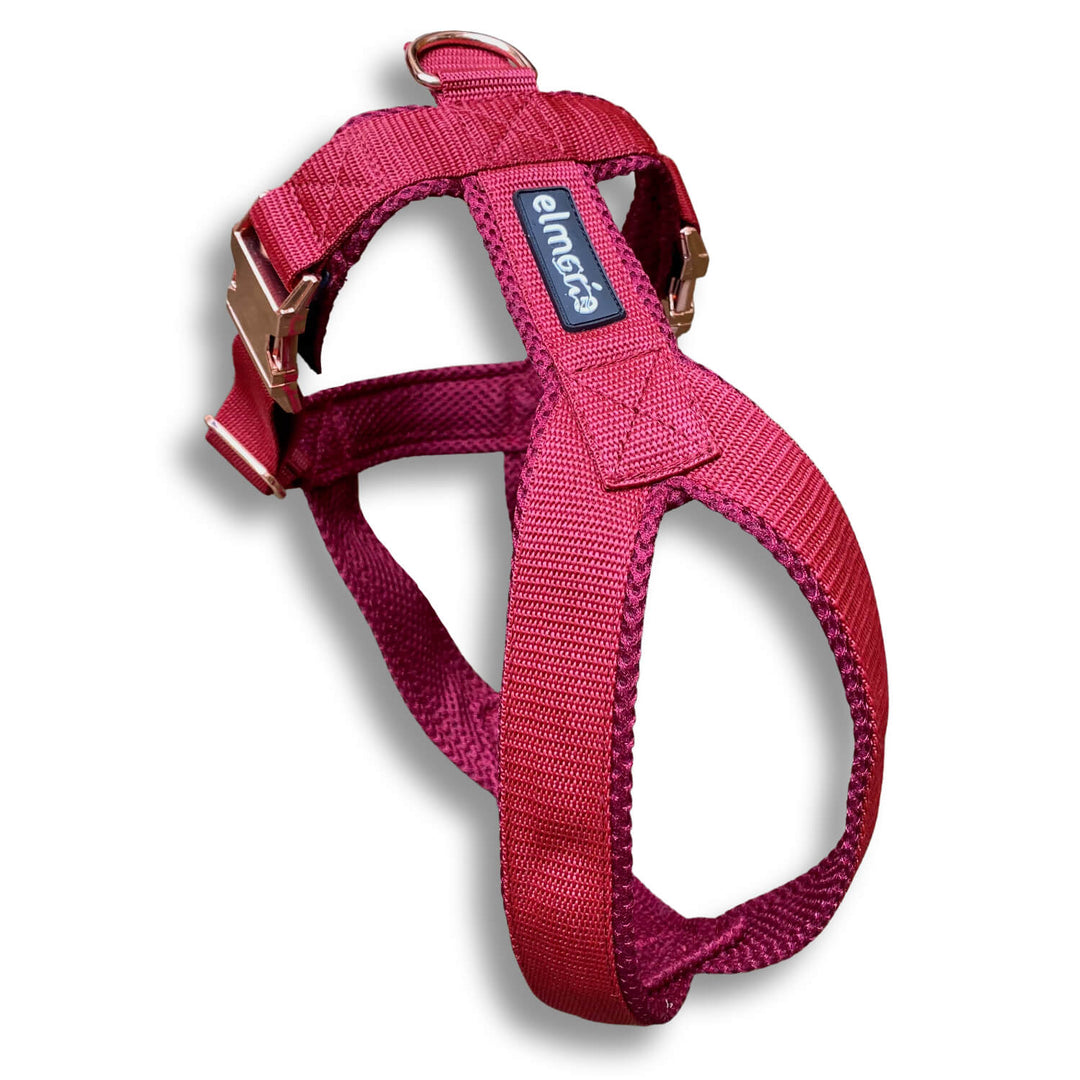
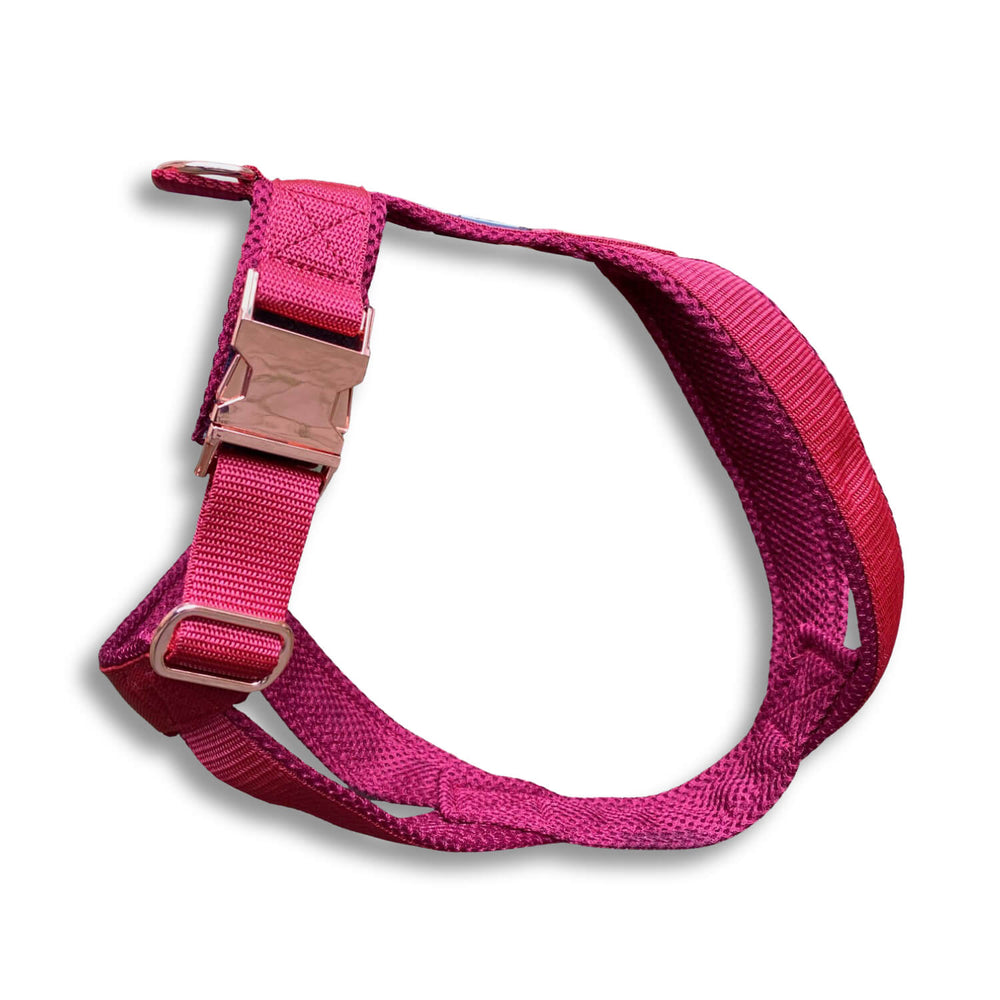
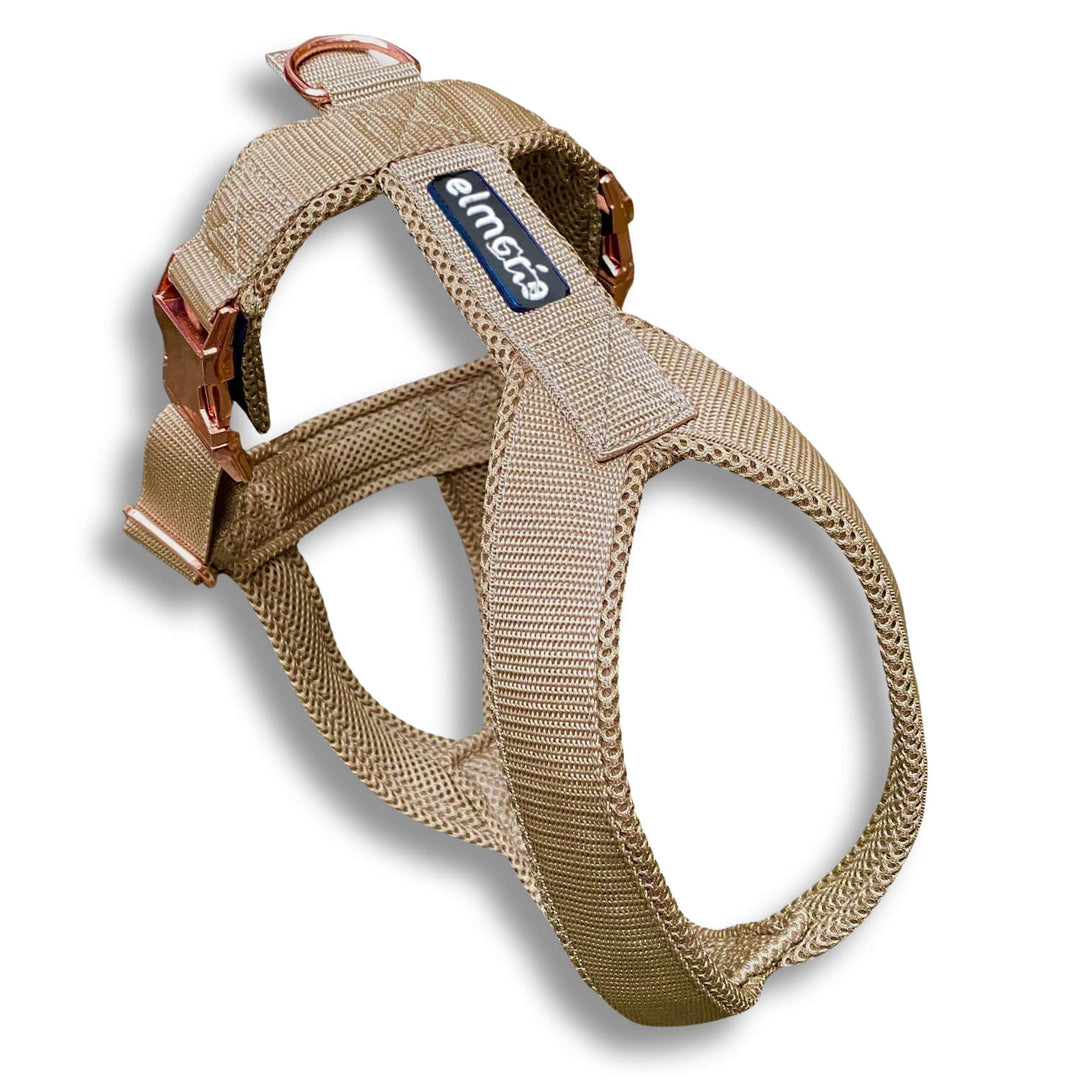
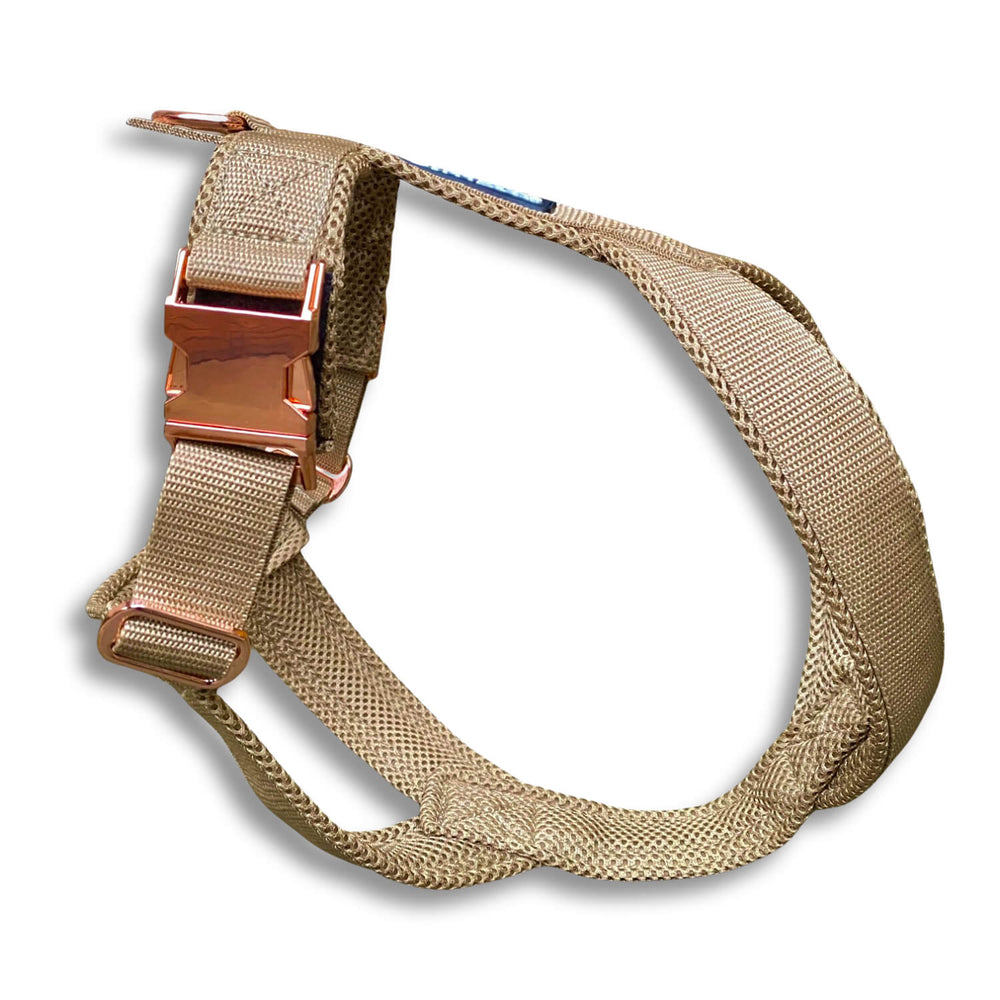
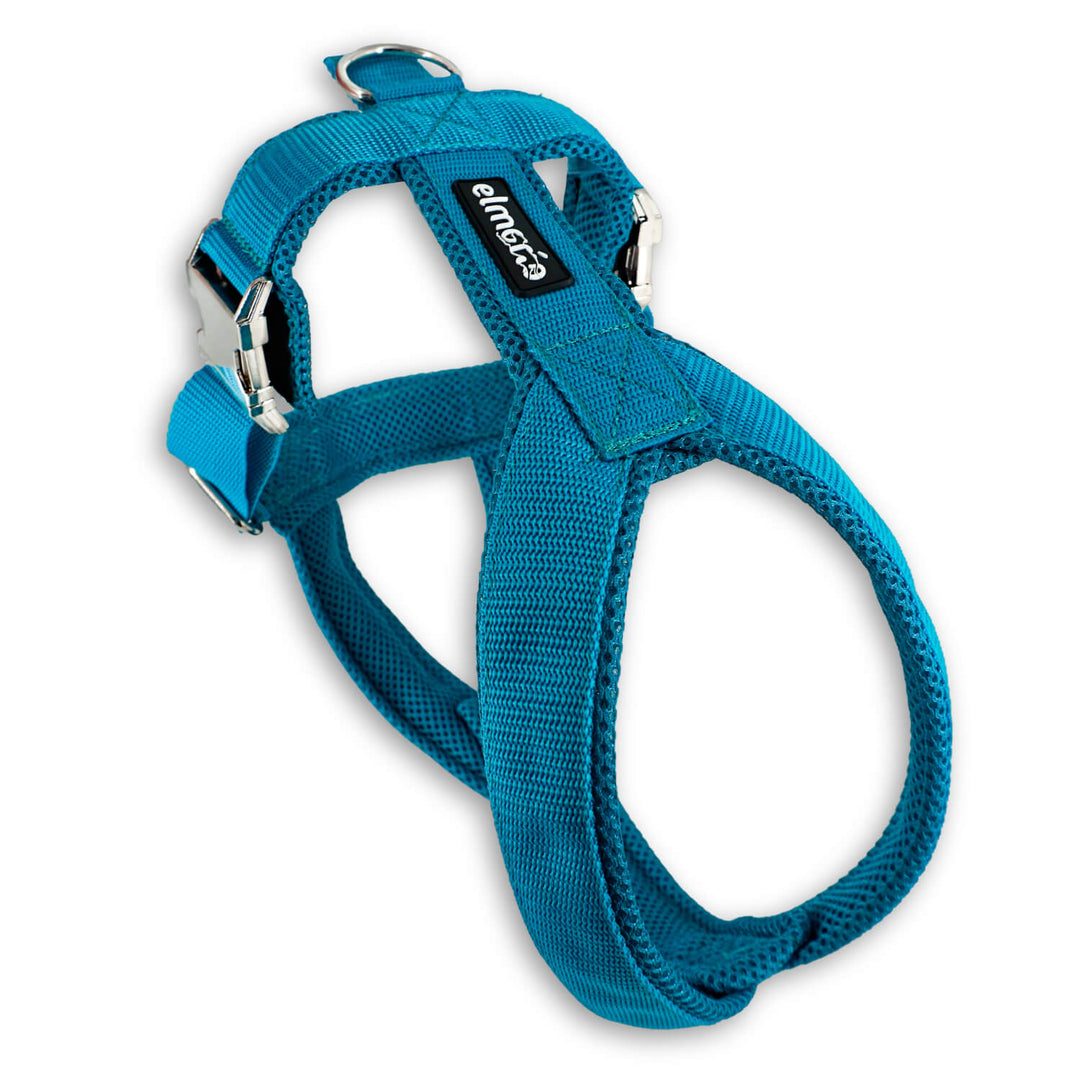
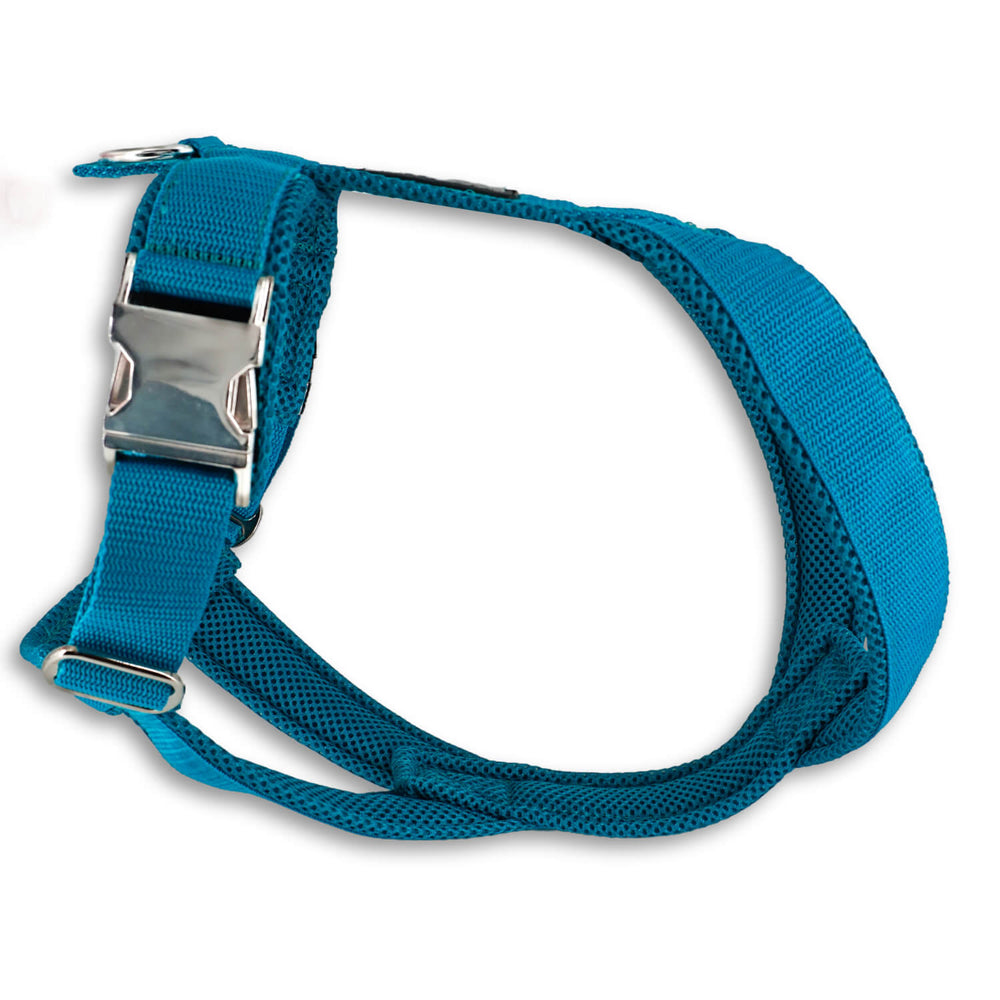
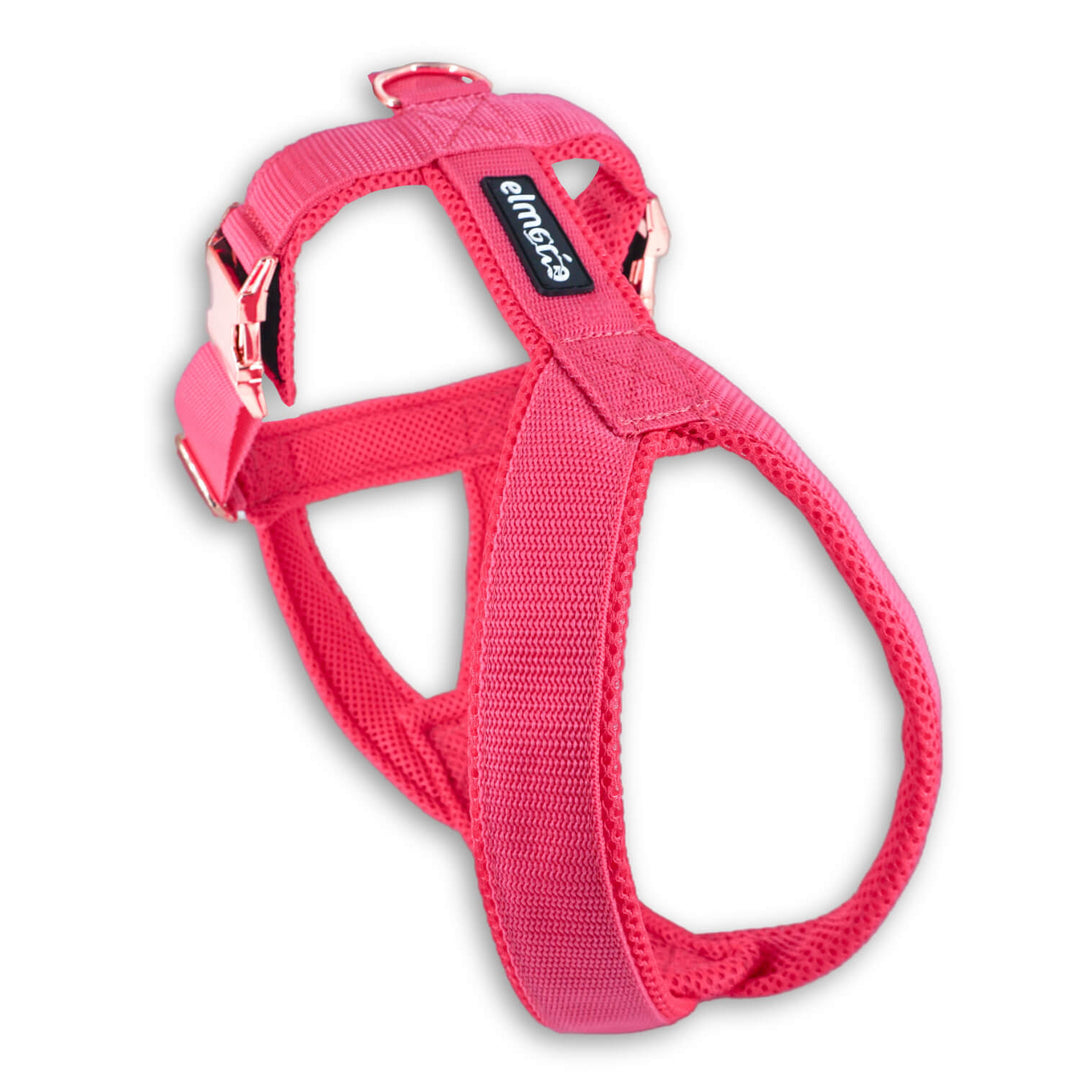
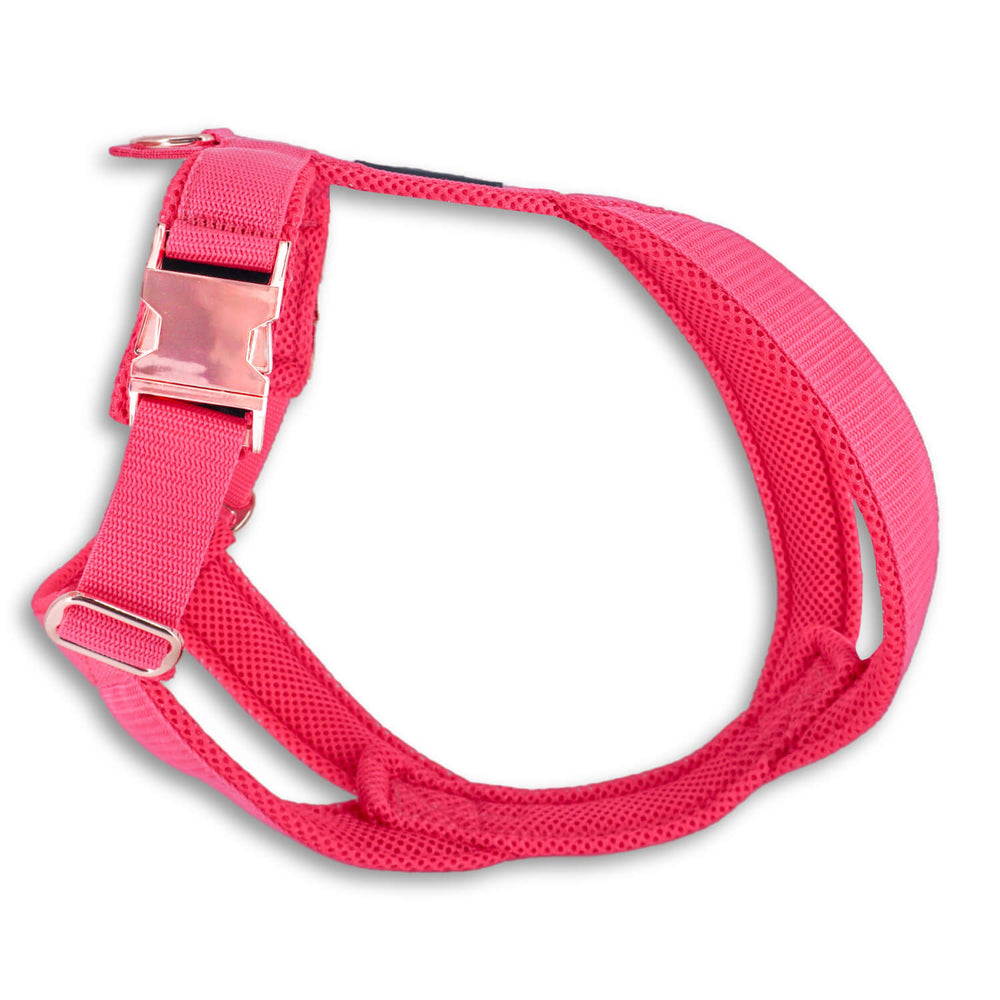
Leave a comment